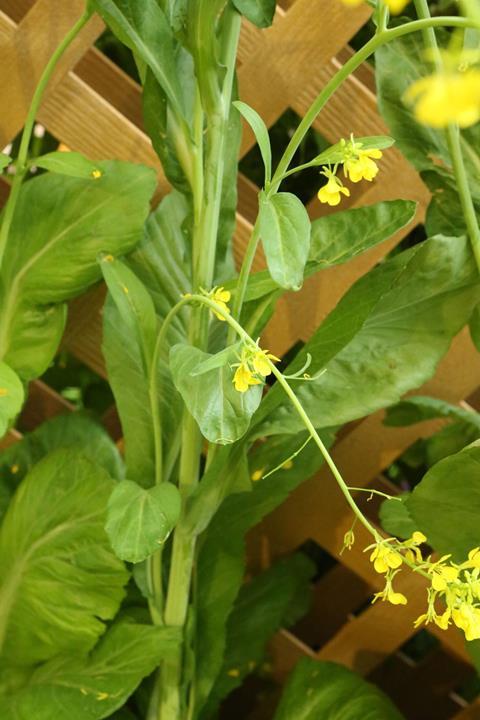Vegetation that cleanses contaminated soil adds to its virtues

Brassica juncea, a type of mustard plant, absorbs heavy metals through its roots. Source: © iStock
Plants partial to a diet of heavy metals are an ideal raw material for nanomaterials once they have cleaned up contaminated soil. So says a team of Chinese scientists behind a method that turns this vegetation into nanoparticles and nanotubes.
Heavy metals are naturally occurring elements with important industrial, agricultural and technological uses. Many human activities such as mining and industry lead to the local build-up of toxic heavy metals in soil and groundwater. Typically toxic and carcinogenic, their release into the environment is a major concern as they can accumulate in the food chain, damaging the health of wildlife and humans alike.
Certain plant species known as hyperaccumulators can grow in soil contaminated with heavy metals. They absorb the metals through their roots and concentrate them in their own tissues – a genetic trait designed to make themselves toxic to hungry herbivores. These plants have been used in the past to clean up contaminated areas; a technique called phytoremediation. Once the plants have extracted the metals, they themselves need to be removed, as if left to complete their natural lifecycle they would simply return the metals to the soil. The metal-containing plant waste is often incinerated.
Now, Jiao Qu and his team at Northeast Normal University in China have used this biomass as a raw material to make useful nanomaterials.
Read the full article in Chemistry World.
A cost-effective method for recycling carbon and metals in plants: synthesizing nanomaterials
Haiyang Liu, Miao Ren, Jiao Qu, Yue Feng, Xiangmeng Song, Qian Zhang, Qiao Cong and Xing Yuan
Environ. Sci.: Nano, 2017
DOI: 10.1039/C6EN00287K










